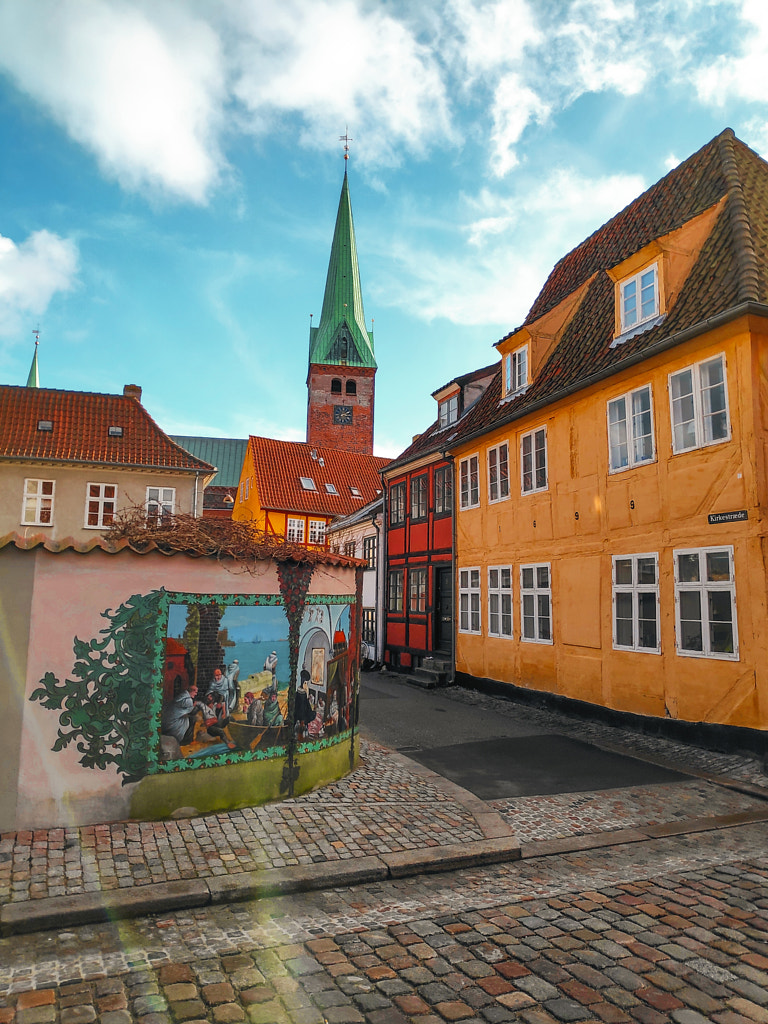Meaning, roughly:
“As for the tears in my eyes
I’ve received no orders to keep them for another time.”
Why is Ghislaine Maxwell’s Lawyer Attacking Antitrust Enforcers? BIG. Matt Stoller
Revisiting Liar’s Poker, 30 Years Later The Big Picture. Barry Ritholtz
RESIST: The Belarusian railway workers who helped thwart Russia’s attack on Kyiv. “The attacks were simple but effective, targeting the signal control cabinets essential to the functioning of the railways, members of the activist network said. For days on end, the movement of trains was paralyzed, forcing the Russians to attempt to resupply their troops by road and contributing to the snarl-up that stalled the infamous 40-mile military convoy north of Kyiv.”
Crime Stoppers of Houston Has a Tip: Vote Out These Judges Marshall Project
It’s okay to opt out of the crypto revolution MIT Technology Review
Here’s what’s driving the nationwide teacher shortage The Hill
Delivery Workers NYC Consumer and Worker Protection. Starting 22nd of April, new rights kick in for NYC delivery workers.
Howard Schultz blasts unions as ‘outside force’ trying to disrupt Starbucks NY Post (The Rev Kev)
Blaming Workers, Hiding Profits in Primetime Inflation Coverage FAIR
Corporate profits have contributed disproportionately to inflation. How should policymakers respond? Economic Policy Institute
Conditions at Mississippi’s Most Notorious Prison Violate the Constitution, DOJ Says ProPublica
Court Should Consider Taking Over Dept. of Correction, Warns Manhattan U.S. Attorney The City
AMERICAN PHONE-TRACKING FIRM DEMO’D SURVEILLANCE POWERS BY SPYING ON CIA AND NSA The Intercept
It isn’t just Putin — Russia vs. Ukraine
From Wikipedia, here is a description of the views of Nobel Laureate Joseph Brodsky on Ukraine:
According to many historians, despite the fact that Brodsky had anti-Soviet views, for which he was eventually forced to leave Soviet Russia and emigrate to the United States, he, with all that, had pronounced Russian-imperial views, which resulted in his rejection of the existence of Ukrainians as a nation separate from Russians. According to Russian literary critic and biographer and friend of Brodsky Lev Losev, Brodsky considered Ukraine “the only cultural space with Great Russia”, and the Polish historian Irena Grudzinska-Gross [pl] in her book “Milosz and Brodsky” (2007) Brodsky firmly believed that Ukraine and has always been “an integral part of Great Russia”. According to Grudzinskaya-Gross, “Brodsky’s Russian patriotism is also evidenced by … the poem “The People” and another poem “On the Independence of Ukraine”, attacking Ukraine from imperial and Great Russian positions.”
In 1985, even before writing the scandalous Ukrainian-phobic poem “On the Independence of Ukraine“, he entered into a debate with the Czech-French poet Milan Kundera, in which he showed his Russian-imperial views.
The most famous public manifestation of Brodsky’s Ukrainophobia was the poem “On the Independence of Ukraine”, written, tentatively, in 1992. In this poem, Brodsky sarcastically described Ukraine’s independence in 1991 and scolded Ukrainian independence fighters for abandoning the Russian language. Brodsky did not publish this poem in any of his lifetime collections, and, until his death in 1996, he managed to read only a few times at various Muscovite and Judeophile meetings in America. In particular, there is documentary evidence that Brodsky read this poem on October 30, 1992 at a solo evening in the hall of the Palo Alto Jewish Center and on February 28, 1994 in front of a group of the Russian diaspora at New York University’s Quincy College. Through this poem, critics saw in Brodsky manifestations of Russian chauvinism and accused him of Anti-Ukrainian sentiment and racism.
These views are deeply rooted in Russian culture and history. Here Brodsky reads the poem in Russian. He is excited. Here is a 2011 Keith Gessen New Yorker piece on the poem. Again, ideas really matter! And not always for the better.
